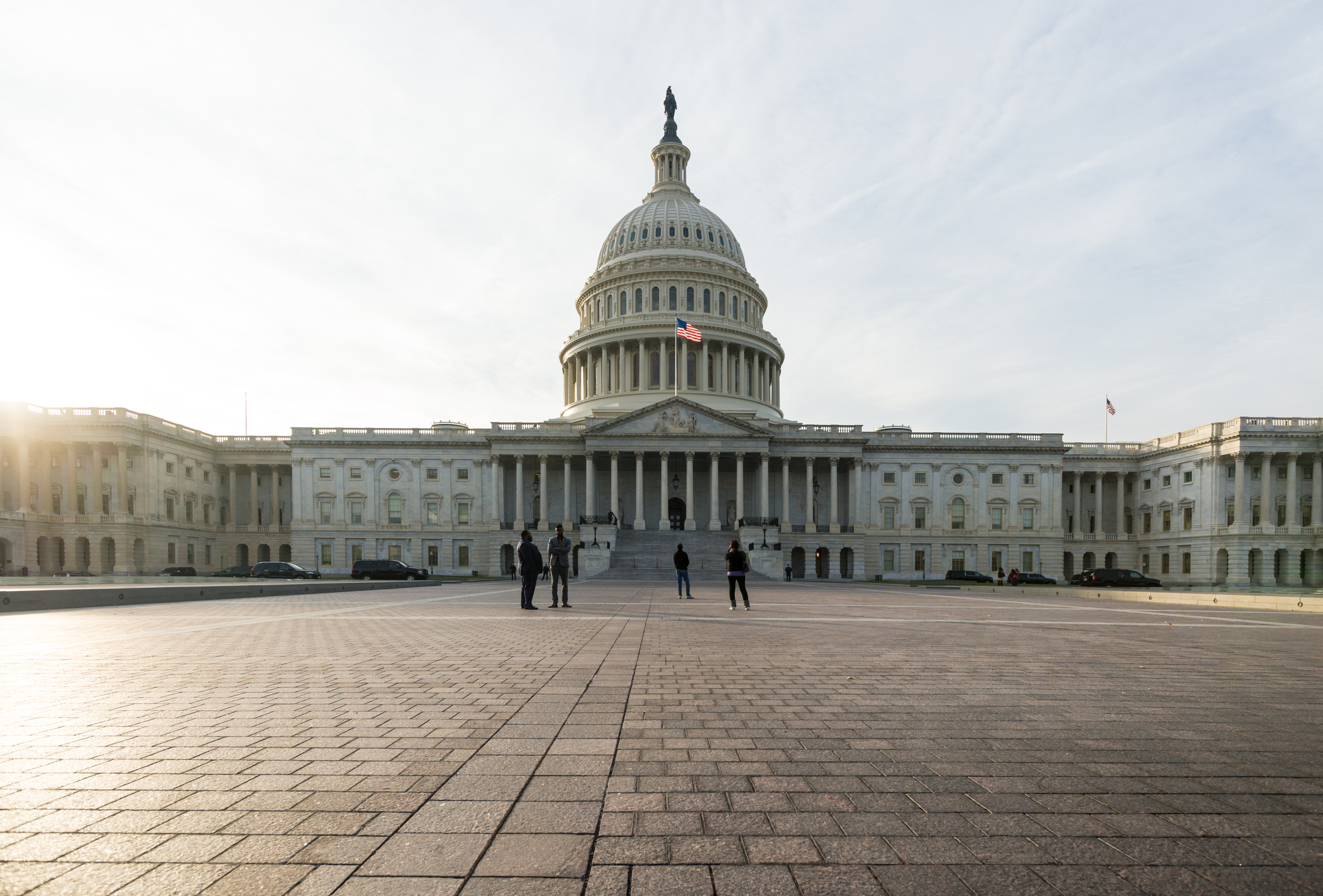2 min read
An Evaluation of the House Financial Services Committee in 2019
![]() Tim Murphy
:
January 02, 2019
Tim Murphy
:
January 02, 2019

With the first meeting of the 116th United States Congress near, by now lawmakers have surely dried off from that November wave. As you’ll recall, cresting that swell was a mix of new and old characters who are currently jostling for various leadership positions as Democrats regain control of the House of Representatives. And, while the shakeout (or shakedown) continues for many coveted positions, leadership of the House Financial Services Committee has never really been in question.
The House Financial Services Committee maintains jurisdiction over issues pertaining to the economy, the banking system, capital markets, insurance and housing. Agencies under oversight of the Committee include: The Federal Reserve Board, The Securities and Exchange Commission, and the Treasury. With oversight over the Treasury, the Committee’s span of influence includes the primary regulators of nearly all financial institutions – Office of the Comptroller of Currency (OCC), Federal Deposit Insurance Corporation (FDIC), and National Credit Union Administration (NCUA). Representative Maxine Waters from California is the presumptive new chairperson of the Financial Services Committee.
Waters’ displeasure with President Donald Trump or his relationships with certain stakeholders in the financial industry is well documented and may bear some influence on the committee. As chairperson, Waters will be setting a policy agenda both the White House and some in the financial industry may find challenging.
Waters will take the committee’s reigns on January 3rd with three issues front-of-mind: subpoenaing the President’s unreleased tax records, opposing some bank deregulation, and perhaps prodding her colleagues to investigate the President’s relationship with a prominent European bank, which Waters has said is “one of the biggest money laundering banks in the world.” Recent maneuvers by the German law enforcement indicate her beliefs may hold water.
Public hearings on the Presidents’ tax returns may lead to a broader discussion as to whether current financial regulations are helping middle class voters or capitulating to the wealthy. The chairperson’s colleagues in the Senate eyeing a run at the White House will quickly pick up any fruits from these hearings and bring them out onto the campaign trail. The potential for these hearings to impact future regulations comes into focus after considering these hearing’s possible influence on who holds office after the 2020 election.
As an outspoken critic of past efforts to reduce regulation on the financial services industry, it’s reasonable to anticipate a change of course for the committee next year. "Make no mistake, come January, in this committee the days of this committee weakening regulations and putting our economy once again at risk of another financial crisis will come to an end.” Waters believes deregulation is at the heart of what she perceives as a sinking economy. We are sure to see her and the committee enhance scrutiny of any proposed changes to current regulations when Congress reconvenes.
Lastly, Waters has made it known that she intends to look into the relationship between Deutsche Bank and the President. The German bank was one of the few major financial intuitions willing to provide Trump with financing before he became President. There are other institutions on her radar, too, which shows that the chairperson is willing to name names and make the public waters murky for specific financial intuitions.
Since Republicans control both the Senate and White House, a progressive agenda is a tough course in these seas. With reasonable confidence, we can anticipate Chairperson Waters will be holding hearings, on issues neglected during the past two years. As chairperson of the Financial Services Committee, Waters can heavily influence the financial industry’s public narrative as the Democrats seek to reestablish control beyond the House.

